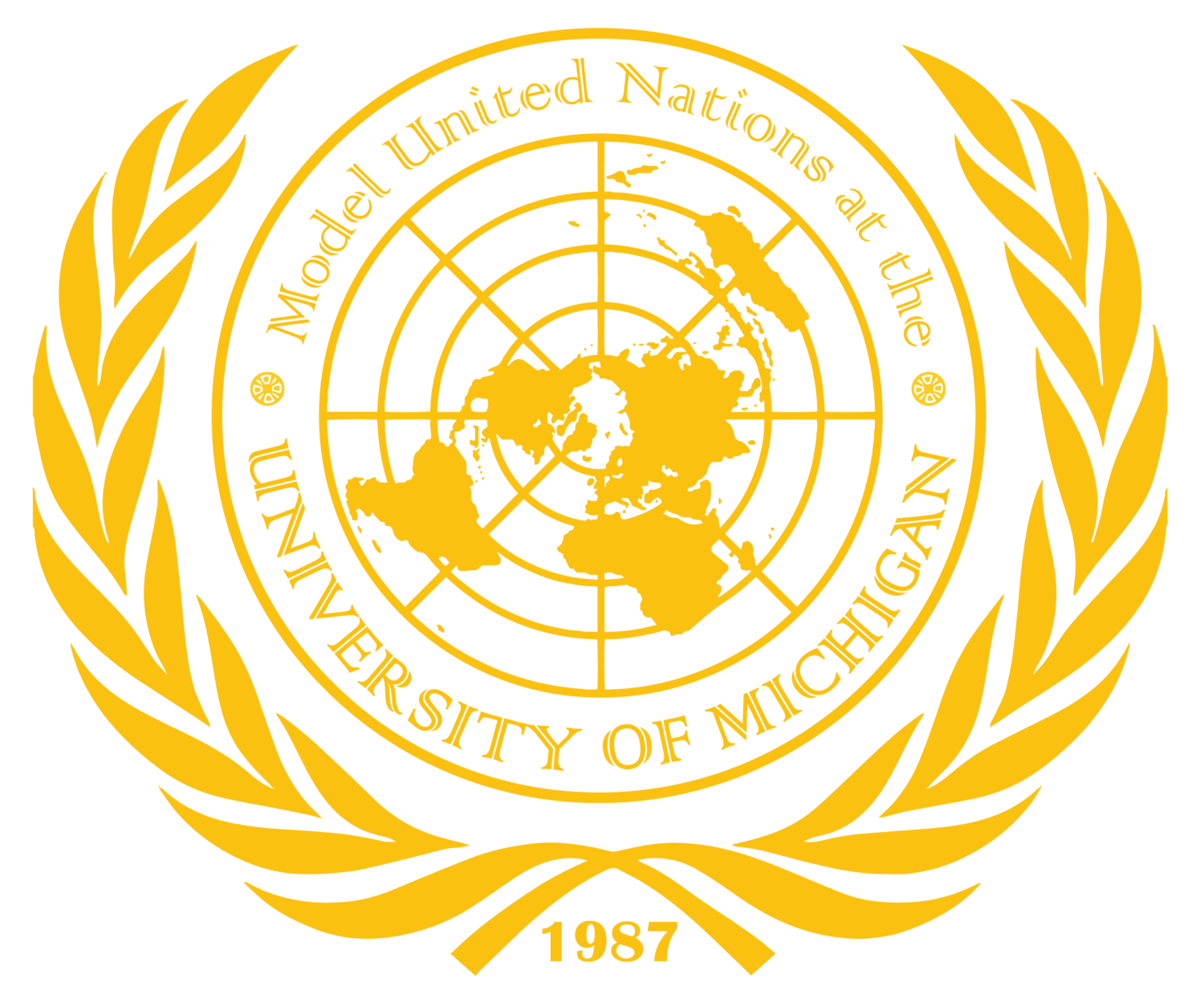By: Charlotte Howald
In the United Nations Educational, Scientific and Cultural Organization (UNESCO) committee, delegates scrambled to create the most inclusive Working Paper addressing the freedoms of journalists. One paper works to educate journalists on a country’s culture, their rights as journalists, and what safety measures should be taken within the country in order to prevent prosecution for wrongful publication. Across the room, a different paper promotes communication between journalists and the government but allows the government to regulate the journalists’ speech. Many argue it is within a country’s national sovereignty to punish journalists who libel countries through the public media.
A delegate attacked journalists across the world. Poland, a country with the right to freedom of the press granted to its citizens, claims journalists “are threats to stable governments by creating unrest.” When interviewed, the delegate criticized Western countries such as the United States, Canada, and the United Kingdom for being “too power-controlling and turning to espionage when things go wrong on [the country’s] end.” Other nations, such as Greece and Luxemburg, look disdainfully upon his comparison of journalists to terrorists.
UNESCO is built on the belief that the freedom of information is a fundamental freedom, and advocates for the protection of journalists. According to the U.S. Press Freedom Tracker, 38 journalists were attacked in 2019 alone, the lowest number in 16 years. The most famous death of the year was a Saudi journalist in Istanbul: Jamal Khashoggi. It is speculated the order came from the Crowned Prince of Saudi Arabia, Mohammed bin Salman.
In the midst of the moderated caucuses, a CNN news article was released announcing Victor Orban’s, Prime Minister of Hungary, planned raid through media outlets, with alleged gunshots heard within. Latvia and Algeria spoke first in a moderated caucus to agree with the actions done by Orban, justifying it was “completely within Hungary’s sovereign rights.” New Zealand closes the moderated caucus in a distressing speech: “[The attack] shows how urgent this matter is,” New Zealand emphasizes, “it’s censorship and a violation of human rights.”
The committee recognized that it would be hard to find an all-encompassing solution that will meet all expectations of the attending countries. As Sri Lanka states, “each country is different, a universal system wouldn’t work.” A merger has already transpired between the papers of Ecuador and Paraguay in hopes of creating a comprehensive resolution. On behalf of journalists across the globe, the International Press Corps hopes UNESCO adopts a resolution assimilating the beliefs of the Committee
